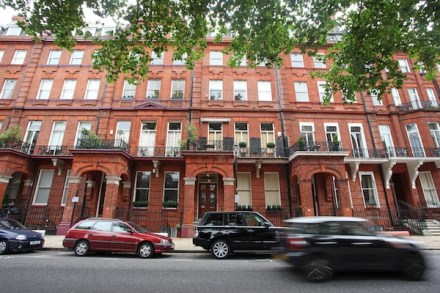Should those poor kids have been there?
My wife will not let our 11-year-old daughter take the dog for a walk around the large field adjoining our house in case a paedophile jumps out of one of the hawthorn bushes with a bag of sweets or a beguiling promise of puppies. For every yellowhammer singing its insipid chorus, the missus thinks there’s at least one nonce crouched down in the undergrowth beneath, waiting, waiting. We live six miles from the nearest town and two from the nearest village. From the age of six I spent all of my holidays out, playing, and would not be heard of from dawn until dusk. Quite often I would walk a


















